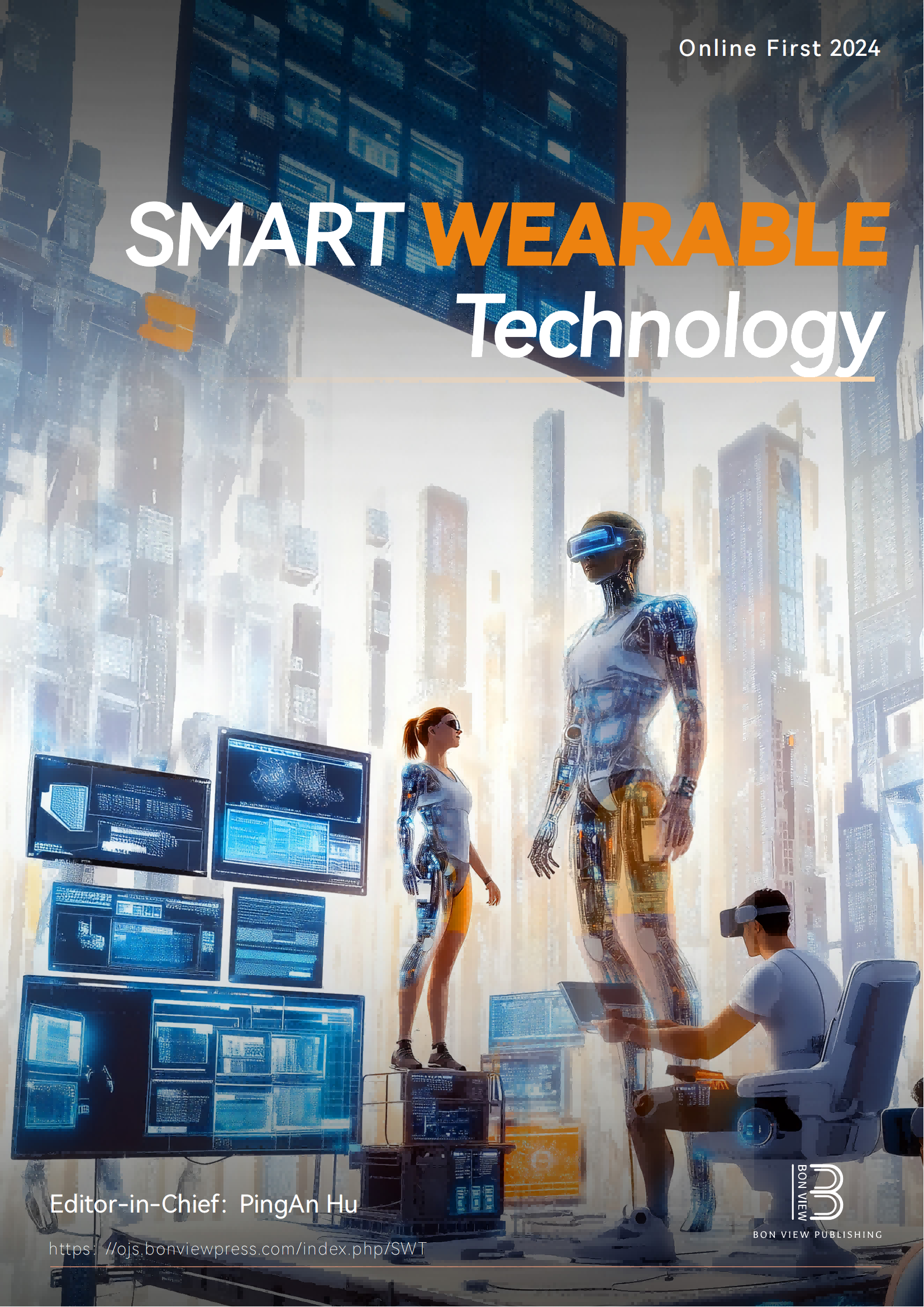Polymer-Based Smart Material in 4D Printing Applications
DOI:
https://doi.org/10.47852/bonviewSWT52026450Keywords:
smart materials, 4D printing, stimuli-responsive, shape memory polymers, applicationsAbstract
The area of 4D printing is a revolutionary one that emerged from the integration of additive manufacturing and polymer science. In this area, materials can change dynamically in response to external stimuli. Complex structures with developing, shape-morphing, and adaptive behaviors can be created by integrating innovative 3D printing technology with intelligent materials, which are naturally sensitive to environmental cues. Polymer chemistry determines these smart materials and discusses the design concepts that control their responsiveness. A particular focus is on incorporating stimuli-responsive polymers, like hydrogels and shape memory polymers, into the 4D printing process. These ensuing structures suggest programmable behavior in response to light, humidity, and temperature variations in the environment. 4D printing has been designated a revolutionary technology with significant implications for sectors looking for dynamic, responsive, and personalized solutions. The study of polymer-based innovative materials in 4D printing presents novel prospects for ingenuity, presenting extraordinary chances for creating and producing materials with dynamic properties. The future of advanced manufacturing is being shaped by this research, which advances our fundamental understanding of intelligent materials and opens up novel applications in various fields.
Received: 12 June 2025 | Revised: 26 September 2025 | Accepted: 22 October 2025
Conflicts of Interest
The authors declare that they have no conflicts of interest to this work.
Data Availability Statement
Data sharing is not applicable to this article as no new data were created or analyzed in this study.
Author Contribution Statement
Md. Abu Shyeed: Conceptualization, Resources, Writing – original draft. Jannatul Ferdaus: Resources, Writing – original draft, Writing – review & editing. Md Faruk Hossain: Resources, Writing – original draft. Md Alal Hossain: Writing – review & editing. Khan Rajib Hossain: Conceptualization, Software, Writing – review & editing, Supervision.
Downloads
Published
Issue
Section
License
Copyright (c) 2025 Authors

This work is licensed under a Creative Commons Attribution 4.0 International License.


